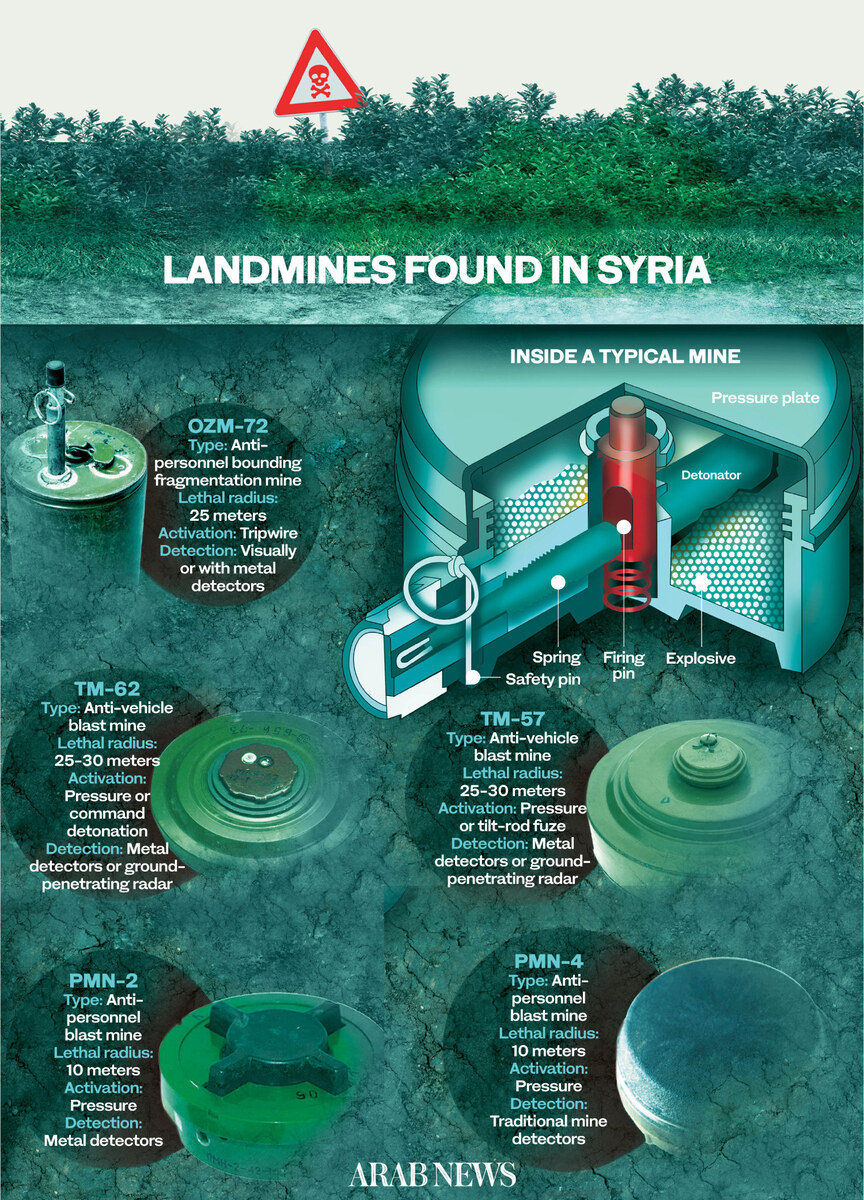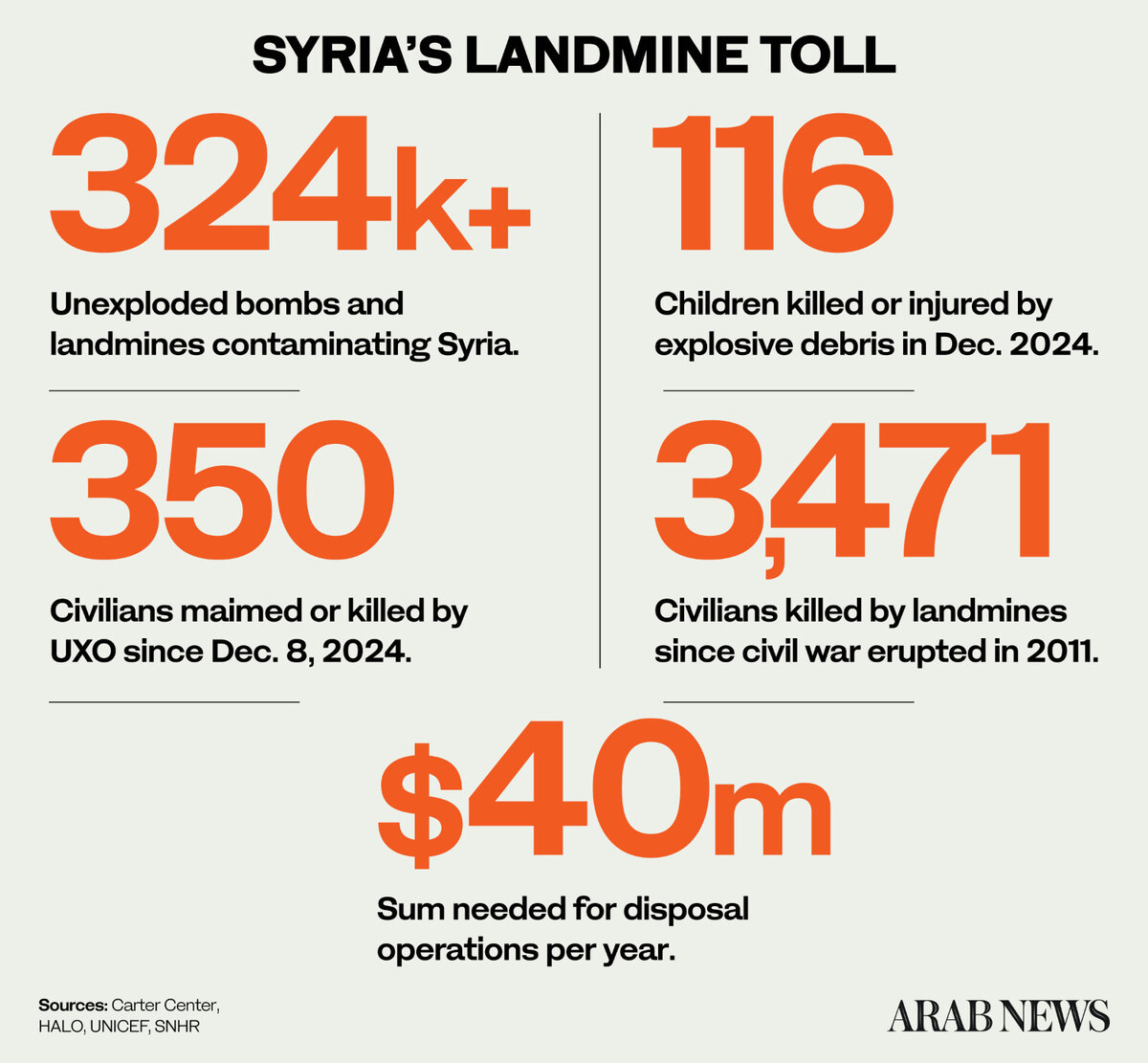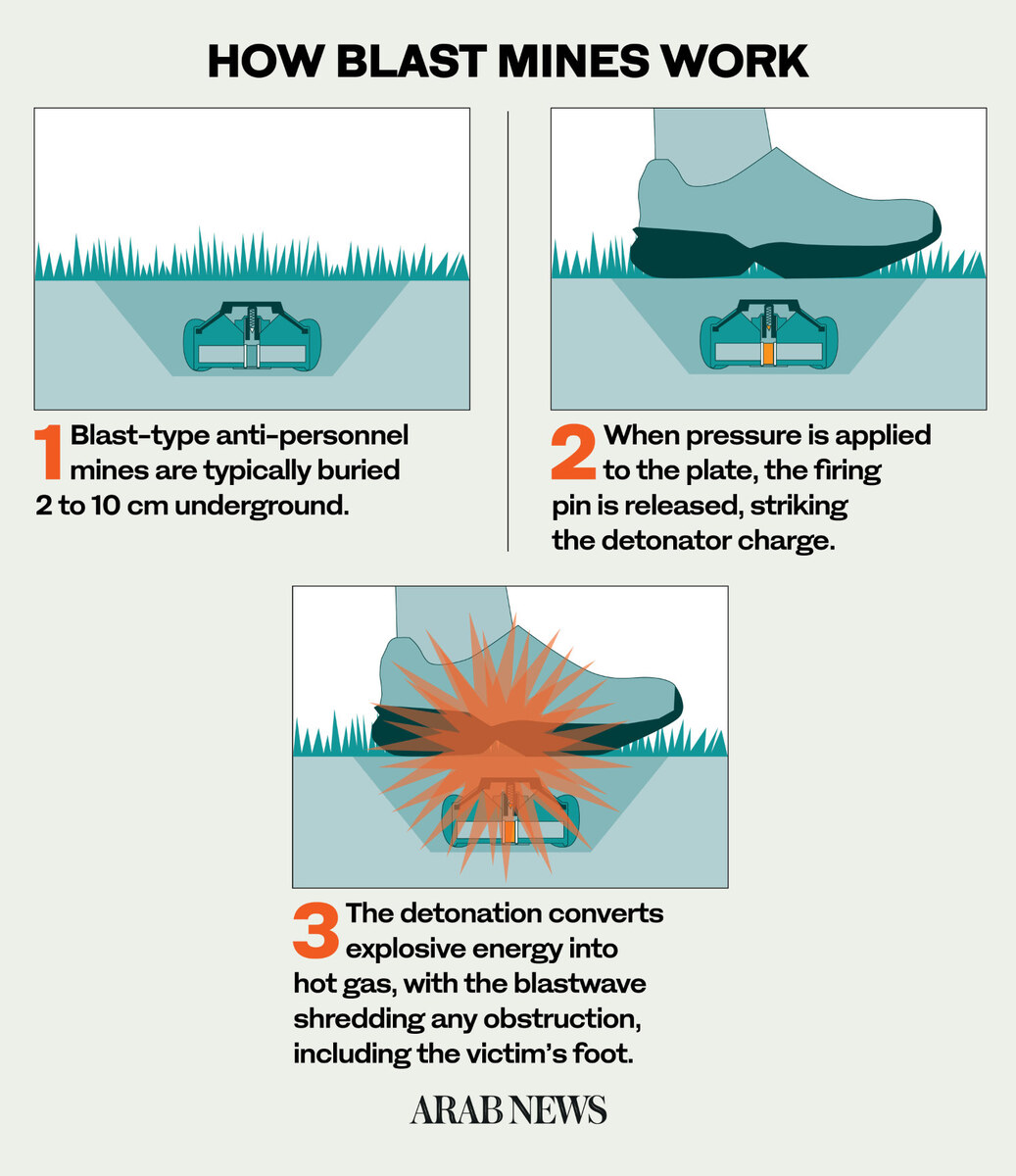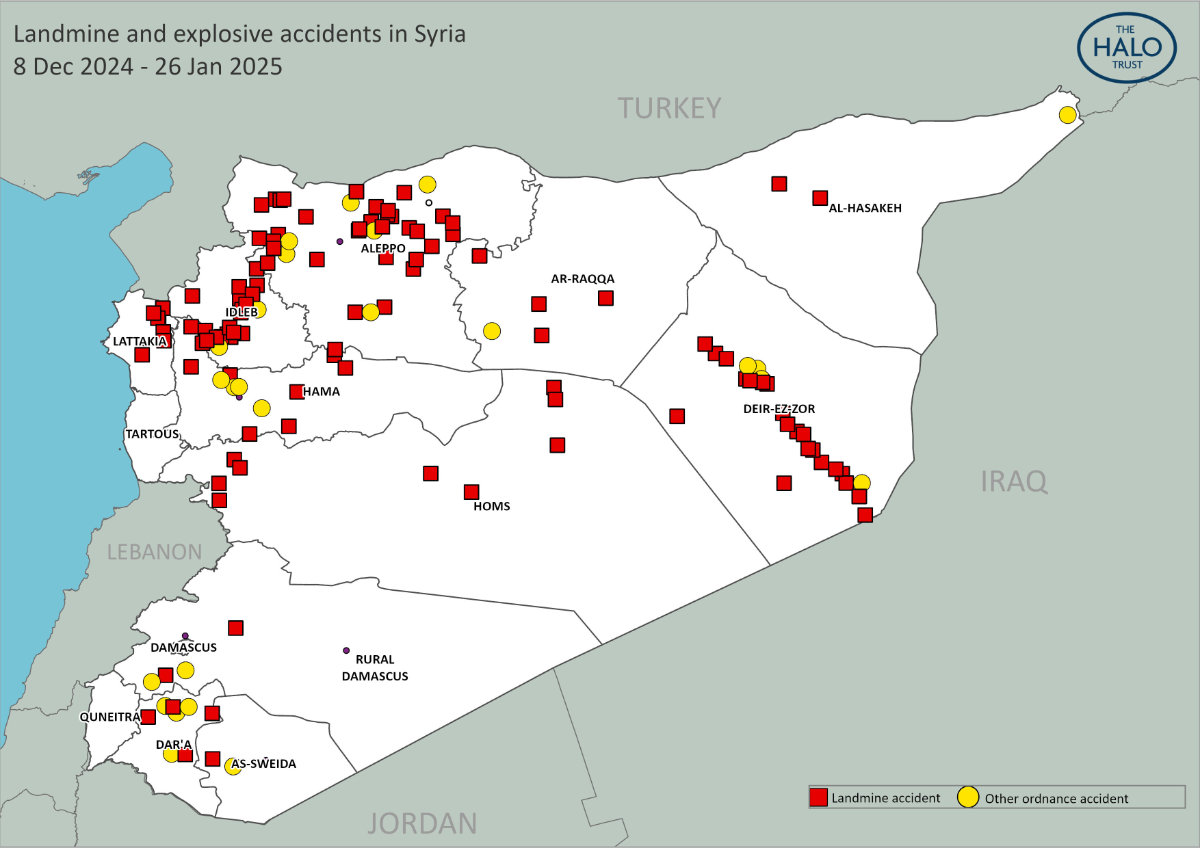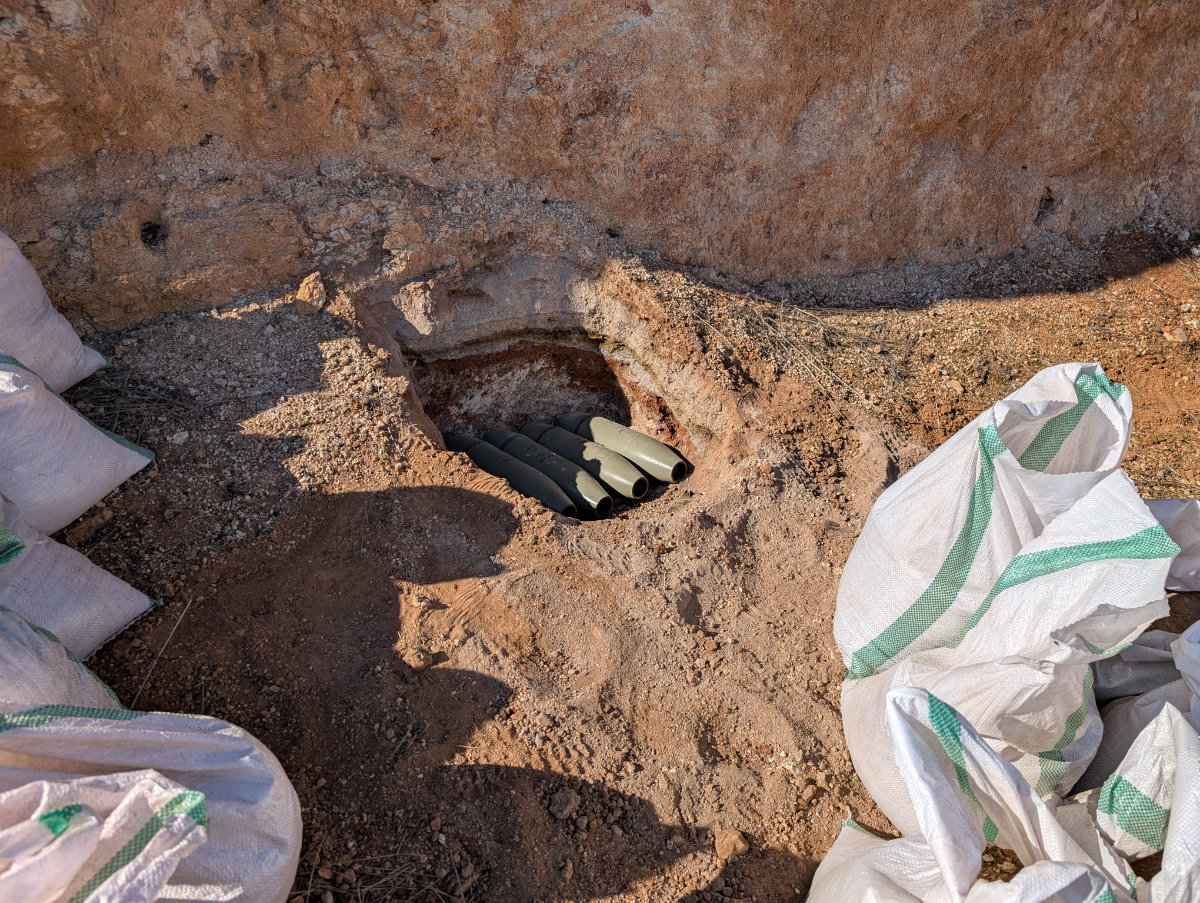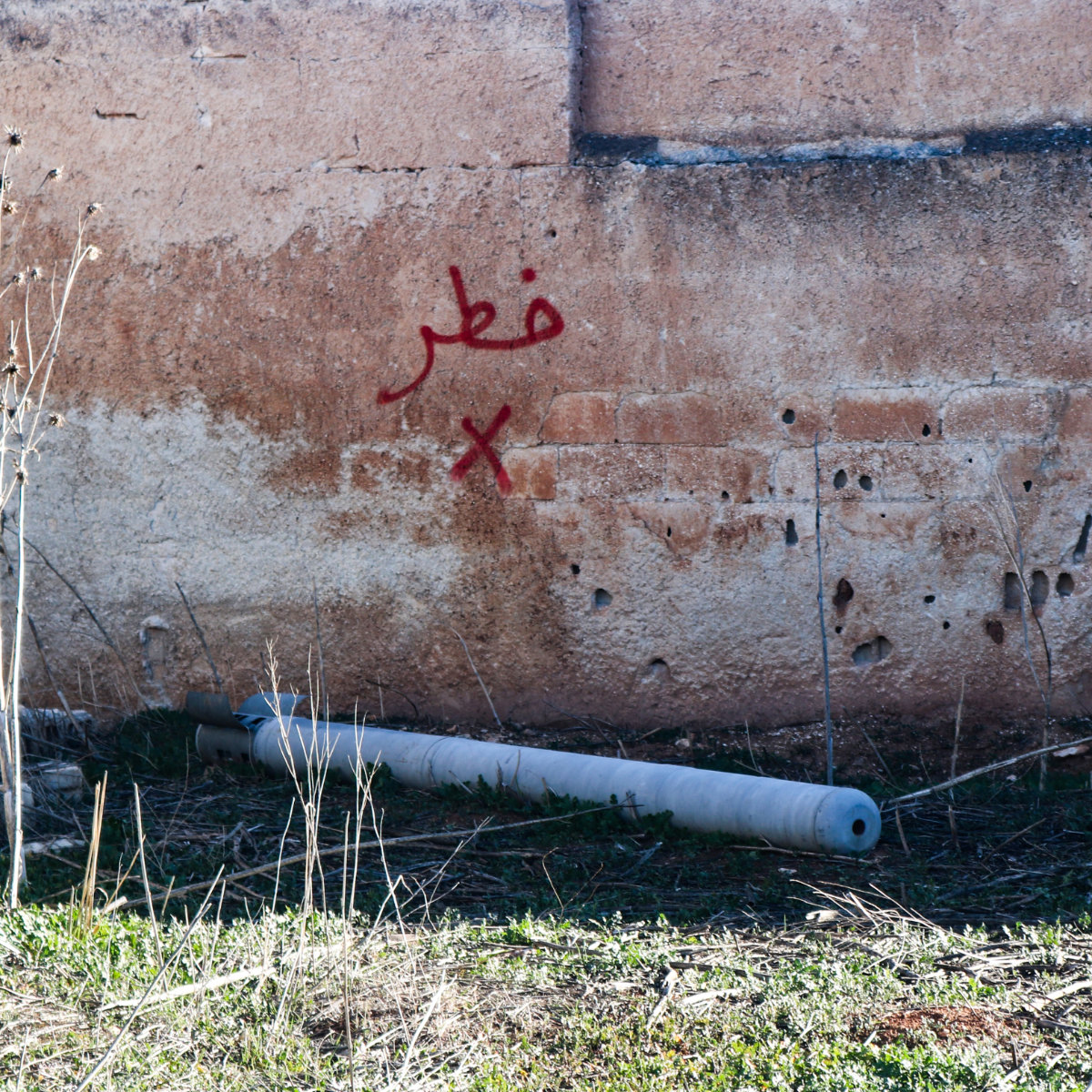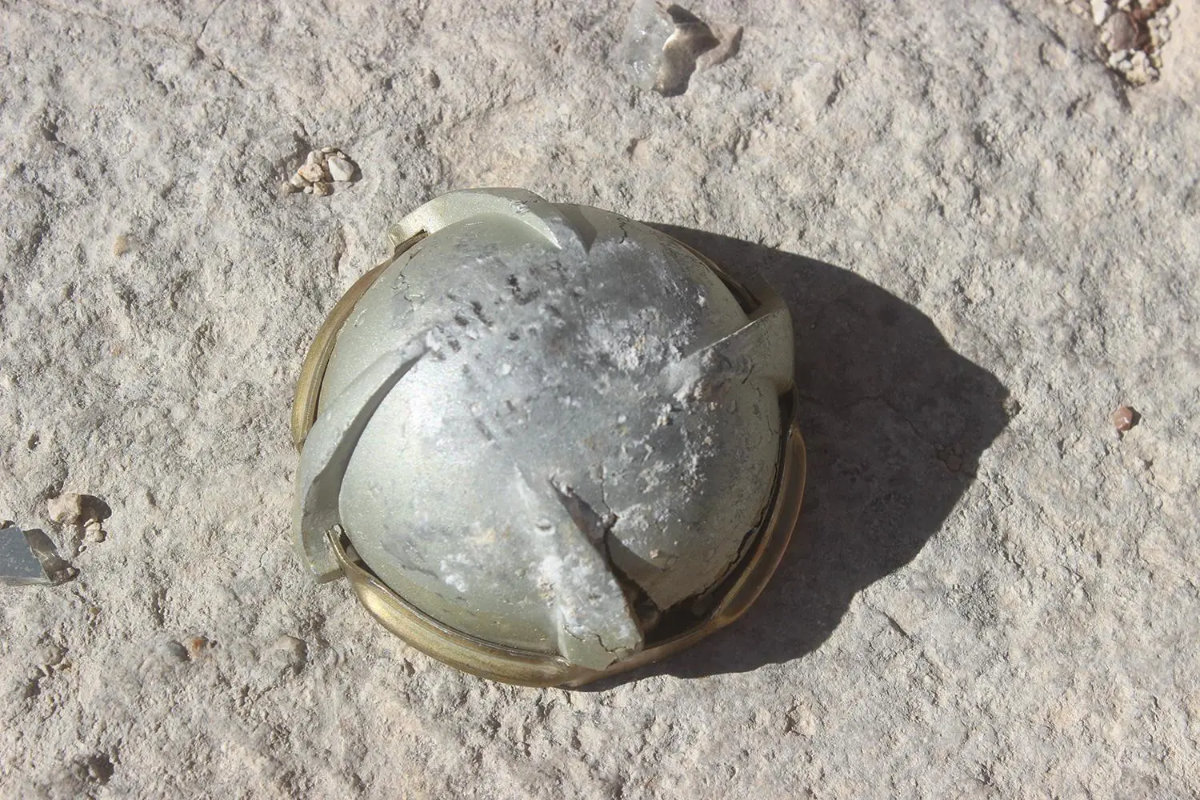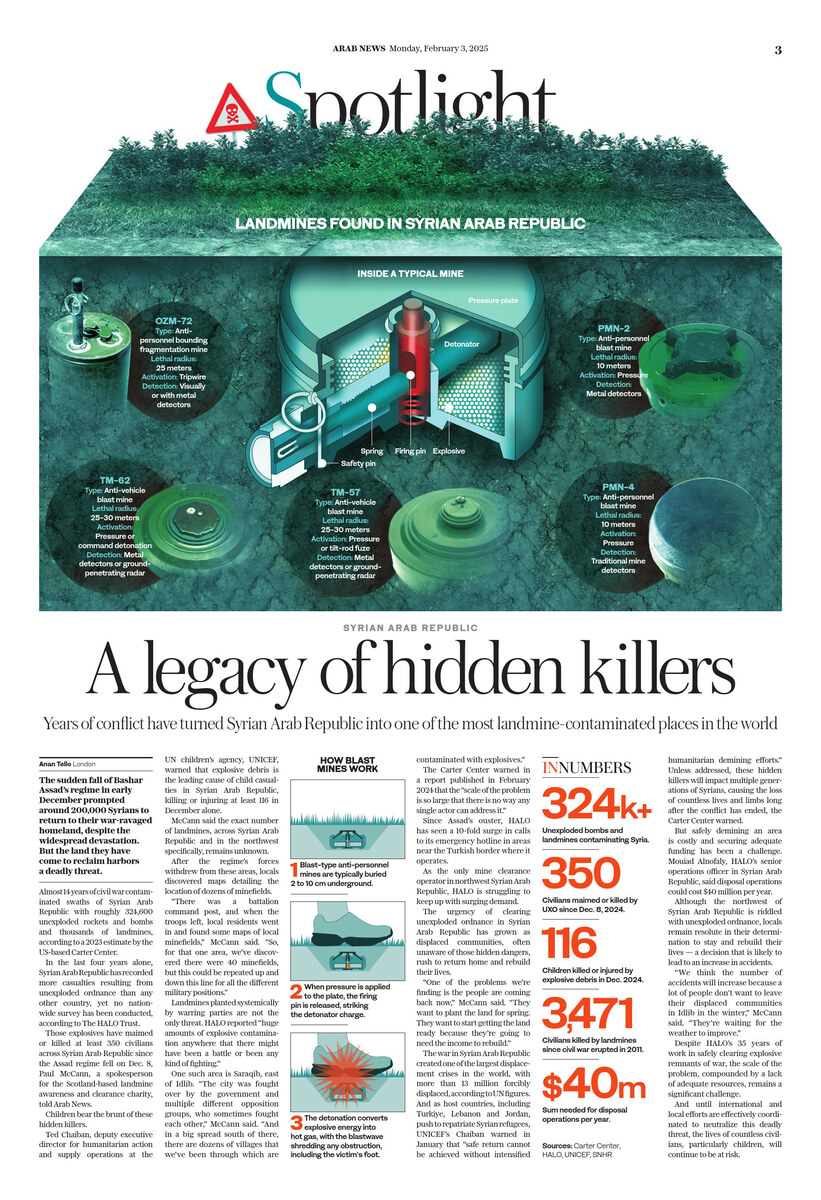DEIR AL-BALAH, Gaza Strip: Some of Israel’s closest allies on Tuesday condemned the deaths of seven aid workers who were killed by airstrikes in Gaza — a loss that prompted multiple charities to suspend food deliveries to Palestinians on the brink of starvation.
The deaths of the World Central Kitchen workers threatened to set back efforts by the US and other countries to open a maritime corridor for aid from Cyprus to help ease the desperate conditions in northern Gaza.
Ships still laden with some 240 tons of aid from the charitable group turned back from Gaza just a day after arriving, according to Cyprus. Other humanitarian aid organizations also suspended operations in Gaza, saying it was too dangerous to offer help. Israel has allowed only a trickle of food and supplies into Gaza’s devastated north, where experts say famine is imminent.
The dead from Monday night’s strikes included three British citizens, Polish and Australia nationals, a Canadian-American dual national and a Palestinian. Those countries have been key backers of Israel’s nearly 6-month-old offensive in Gaza, and several of them denounced the killings.
Israel already faces growing isolation as international criticism of the Gaza assault has mounted. On the same day as the deadly airstrikes, Israel stirred more fears by apparently striking Iran’s consulate in Damascus and killing two Iranian generals. The government also moved to shut down a foreign media outlet — Qatari-owned Al Jazeera television.
The hit on the charity’s convoy also highlighted what critics have called Israel’s indiscriminate bombing and lack of regard for civilian casualties in Gaza.
Israeli Prime Minister Benjamin Netanyahu acknowledged that the military had carried out the “unintended strike ... on innocent people.” He said officials were investigating and would work to ensure it does not happen again.
World Central Kitchen said it had coordinated with the Israeli military over the movement of its cars. Three vehicles moving at large distances apart were hit in succession. They were left incinerated and mangled, indicating multiple targeted strikes.
At least one of the vehicles had the charity’s logo printed across its roof to make it identifiable from the air, and the ordnance punched a large hole through the roof. Footage showed the bodies at a hospital in the central Gaza town of Deir Al-Balah, several of them wearing protective gear with the charity’s logo.
Israeli TV said the initial military investigation found that the army identified the cars carrying World Central Kitchen’s workers arriving at its warehouse in Deir Al-Balah and observed suspected militants nearby. Half an hour later, the vehicles were struck by the air force as they headed south. The reports said it was not clear who ordered the strikes or why.
Throughout the war, Israel has said it seeks to avoid civilian casualties and uses sophisticated intelligence to target Hamas and other militants. Israeli authorities blame them for civilian deaths because they operate in populated areas.
At the same time, Israel has also insisted that no target is off-limits. Israeli forces have repeatedly struck ambulances and vehicles carrying aid, as well as relief organization offices and UN shelters, claiming that armed fighters were in them.
Israeli forces have also shown a readiness to inflict widespread destruction on suspicion of a militant presence or out of tactical need. Homes with Palestinian families sheltering inside are leveled by strikes almost daily with no explanation of the intended target. Videos of strikes released by the military often show them hitting individuals without visible weapons, while identifying them as militants.
More than 32,900 Palestinians have been killed in the war, around two-thirds of them women and children, according to Gaza’s Health Ministry, which does not distinguish between civilians and combatants in its count.
Celebrity chef José Andrés, who founded the World Central Kitchen charity, said he was “heartbroken” by the deaths of the staffers.
“The Israeli government needs to stop this indiscriminate killing. It needs to stop restricting humanitarian aid, stop killing civilians and aid workers, and stop using food as a weapon,” he wrote on X, formerly Twitter.
The US, Britain, Poland, Australia and Canada all called on Israel to give answers on the deaths. Israeli Defense Minister Yoav Gallant launched an investigation and ordered the opening of a joint situation room enabling coordination between the military and aid groups.
But anger among its allies could put new pressure on Israel.
The British government summoned Israel’s ambassador for a rebuke and called for an immediate humanitarian pause to allow more aid in and the release of hostages.
British Prime Minister Rishi Sunak told Netanyahu that he was “appalled” by the workers’ deaths and described the situation in Gaza as “increasingly intolerable.”
White House national security spokesman John Kirby said the US was “outraged” to hear of the strikes. He said the Israeli military “must do much more” to avoid conflict and ensure the safety of aid convoys.
A senior Canadian government official said there will be a joint formal diplomatic rebuke at the foreign ministry in Israel on Wednesday. The official also said a top official with Canada’s Global Affairs department made a formal representation to Israel ambassador’s to Canada on Tuesday. The official spoke on condition of anonymity as they were not authorized to speak publicly on the matter.
The deaths sent a further chill through UN agencies and other aid groups that have said for months that sending truck convoys around Gaza — particularly in the north — has been extremely difficult because of the military’s failure to either grant permission or ensure safe passage. Israel has barred UNRWA, the main UN agency in Gaza, from making deliveries to the north.
The US and other countries have been working to set up the sea passage from Cyprus to get around the difficulties.
World Central Kitchen was key to the new route. It and the United Arab Emirates sent a pilot shipment last month. Their second delivery of around 400 tons of food and supplies arrived in three ships to Gaza hours before the strikes on the convoy.
Around 100 tons were unloaded before the charity suspended operations, and the rest was being taken back to Cyprus, Cypriot Foreign Ministry spokesman Theodoros Gotsis said.
Still, Cypriot President Nikos Christodoulides said Tuesday that ship deliveries would continue.
Anera, a Washington-based aid group that has been operating in the Palestinian territories for decades, said that in the wake of the strikes it was taking the “unprecedented” step of pausing its own operations in Gaza, where it had been helping to provide around 150,000 meals daily.
“The escalating risks associated with aid delivery leave us with no choice,” it said in a statement.
Jamie McGoldrick, the United Nations humanitarian coordinator for the Palestinian territories, said the strikes were “not an isolated incident.” The UN says more than 180 humanitarian workers have been killed in the war.
“This is nearly three times the death toll recorded in any single conflict in a year,” he said.
The war began when Hamas-led militants stormed into southern Israel in a surprise attack on Oct. 7, killing some 1,200 people and taking around 250 hostage. Israel responded with one of the deadliest and most destructive offensives in recent history.
Two other Israeli strikes late Monday killed at least 16 Palestinians, including eight children, in Rafah, where Israel has vowed to expand its ground operation. The city on the Egyptian border is now home to some 1.4 million Palestinians, most of whom have sought refuge from fighting elsewhere.
One strike hit a family home, killing 10 people, including five children, according to hospital records. Another hit a gathering near a mosque, killing at least six people, including three children.
With famine looming, aid group halts food delivery in Gaza after Israeli strike kills 7 workers
https://arab.news/2897v
With famine looming, aid group halts food delivery in Gaza after Israeli strike kills 7 workers

- The dead from Monday night’s strikes included three British citizens, Polish and Australia nationals, a Canadian-American dual national and a Palestinian
- Israel has killed over 32,705 Palestinians in Gaza, two-thirds of them women and children, according to the Gaza Health Ministry



















